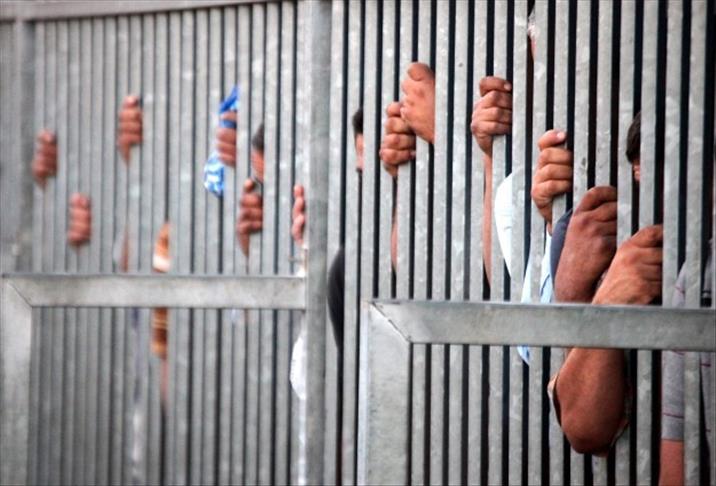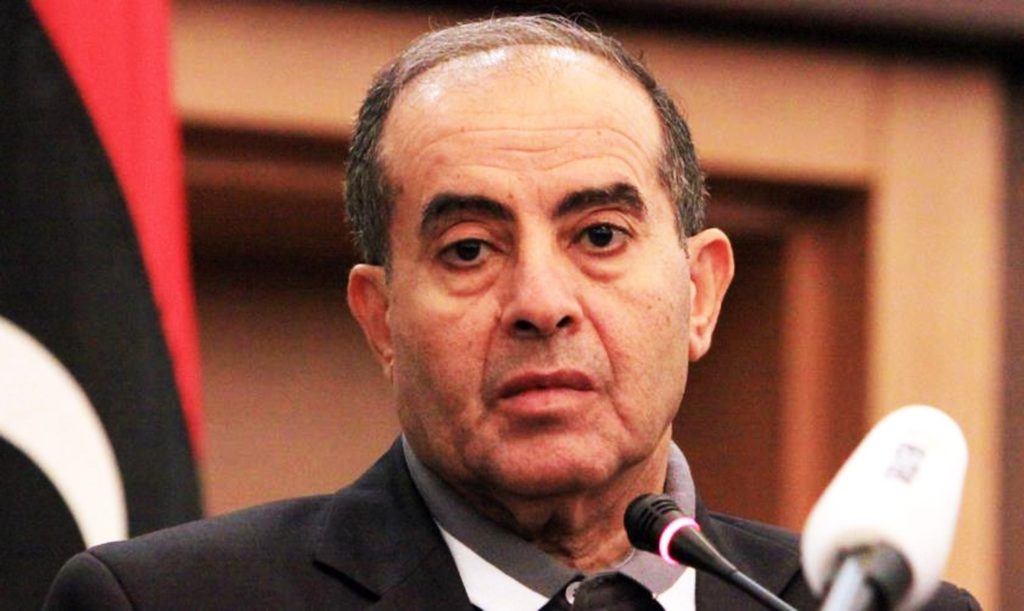Amnesty International has called on Egyptian authorities to halt reprisals against prisoners at 10th of Ramadan Prison who have been protesting against their arbitrary detention through a hunger strike.
The detainees began their strike in early January 2025, demanding the release of those held in pretrial detention for over six months, the right to outdoor exercise, full visitation rights, and the removal of a National Security Agency officer accused of abuse. Following the protest, at least three detainees were transferred to prisons notorious for their harsh conditions, and their personal belongings were confiscated as punishment.
Amnesty International’s Egypt Researcher, Mahmoud Shalaby, condemned the authorities’ actions, stating that instead of addressing the dire detention conditions at 10th of Ramadan Prison, the government was attempting to silence the prisoners by punishing them. Detainees have reported being denied sunlight and exercise, confined to their cells for 23 hours a day, with only limited, inadequate exercise in a corridor. Family visits are severely restricted, with some prisoners denied visits entirely. In some cases, the authorities have moved detainees to distant prisons as a punitive measure, making it even more difficult for their families to maintain contact.
The Egyptian authorities have yet to take meaningful action to address these violations, despite calls from both local and international human rights organizations to allow independent monitoring of detention conditions in the country. Amnesty has reiterated that Egypt must ensure humane conditions in line with international law, including the Nelson Mandela Rules, which govern the treatment of prisoners, and stop punitive measures such as “internal exile” used to punish detainees and prevent them from communicating with their families or legal representatives.



